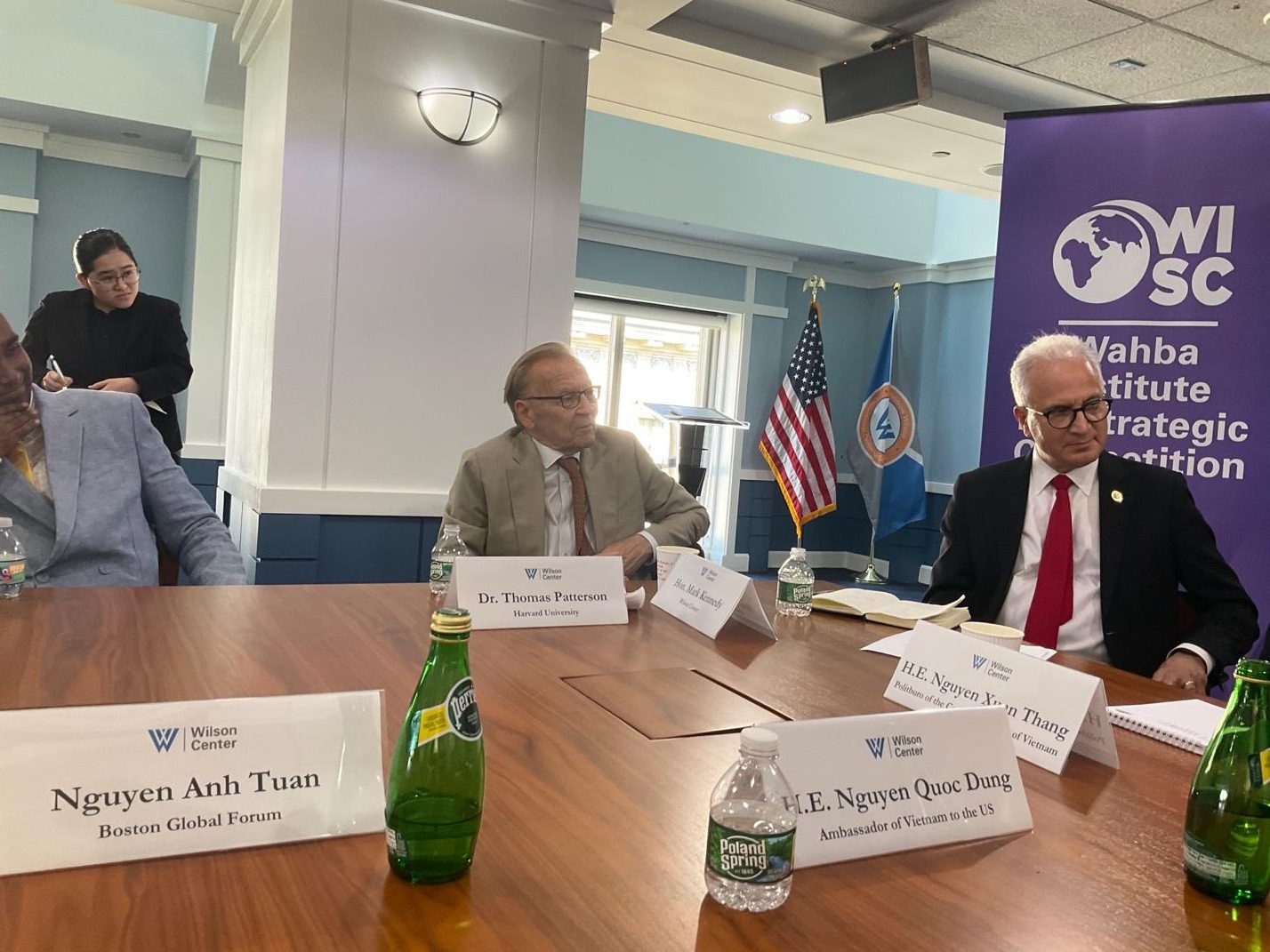Global Law and Accord on AI and Digital
AIWS City and Rebuilding Ukraine AIWS and the Age of Global Enlightenment Global Law and Accord on AI and Digital Shinzo Abe Initiative for Peace and Security Global Cybersecurity Day United Nations Centennial Global Law and Accord on Artificial Intelligence and...Artificial Intelligence World Society
Artificial Intelligence World Society Mission The mission of AIWS is to develop recommendations for the development and implementation of AI in ways that promote the public interest. This includes: Develop an ethical framework for the use of AI. Create a new social...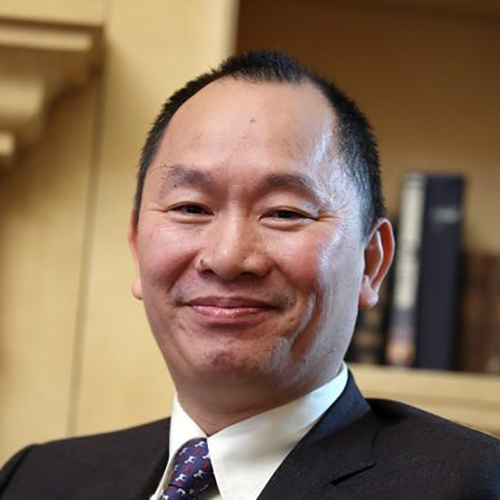
Nguyen Anh Tuan
Mr. Nguyen Anh Tuan is the co-founder and CEO of The Boston Global Forum (BGF), the co-founder and Director of The Michael Dukakis Institute for Leadership and Innovation (MDI), and the co-founder of the AI World Society (AIWS) Initiative and the Co-founder of the...United Nations Centennial
AIWS City and Rebuilding Ukraine AIWS and the Age of Global Enlightenment Global Law and Accord on AI and Digital Shinzo Abe Initiative for Peace and Security Global Cybersecurity Day United Nations Centennial The United Nations Centennial Initiative The United...AIWS and the Age of Global Enlightenment
AIWS City and Rebuilding Ukraine AIWS and the Age of Global Enlightenment Global Law and Accord on AI and Digital Shinzo Abe Initiative for Peace and Security Global Cybersecurity Day United Nations Centennial AIWS and the Age of Global Enlightenment The Artificial...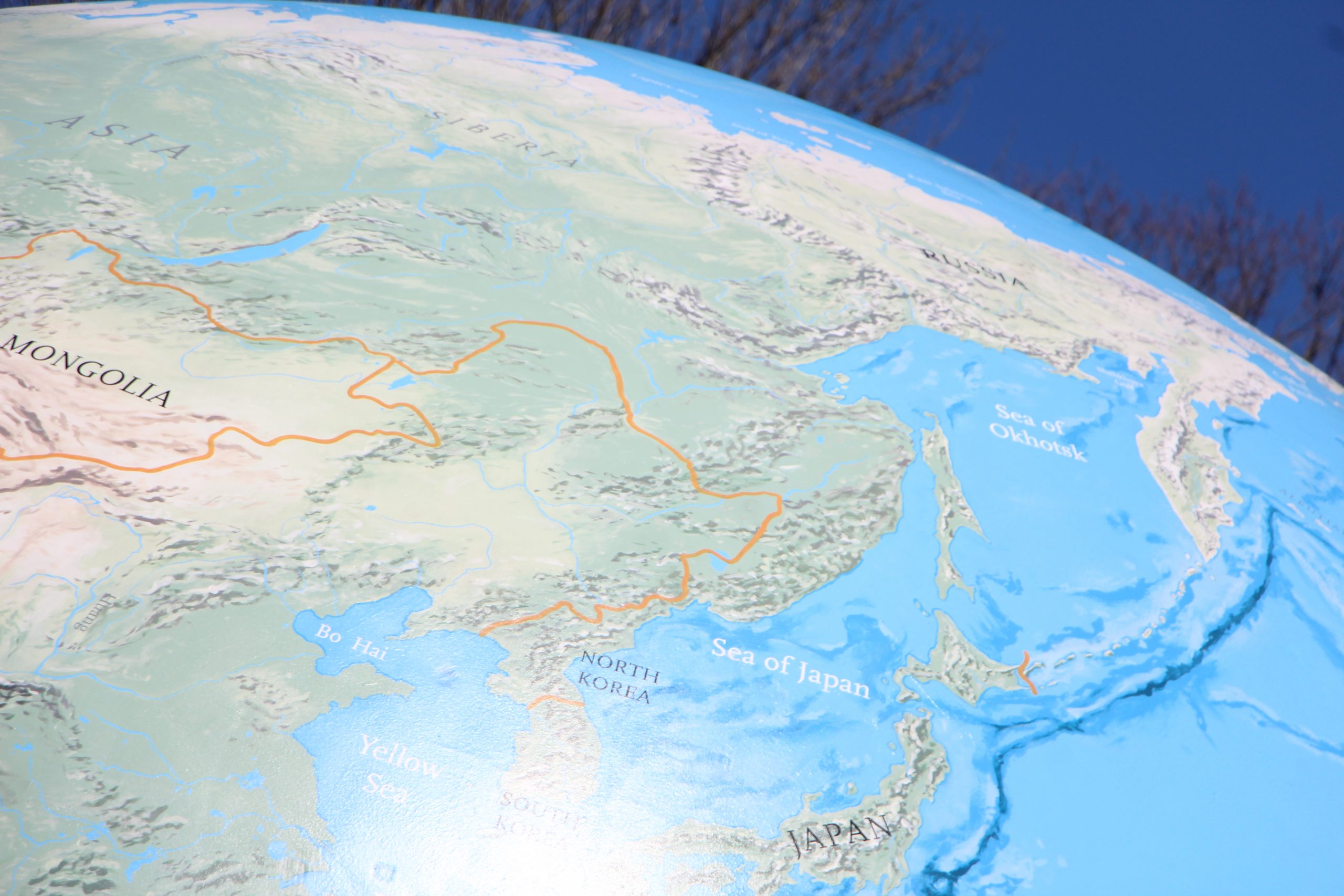
AIWS City and Rebuilding Ukraine
AIWS City and Rebuilding Ukraine AIWS and the Age of Global Enlightenment Global Law and Accord on AI and Digital Shinzo Abe Initiative for Peace and Security Global Cybersecurity Day United Nations Centennial Rebuilding Ukraine with AIWS City Conceptual Model The...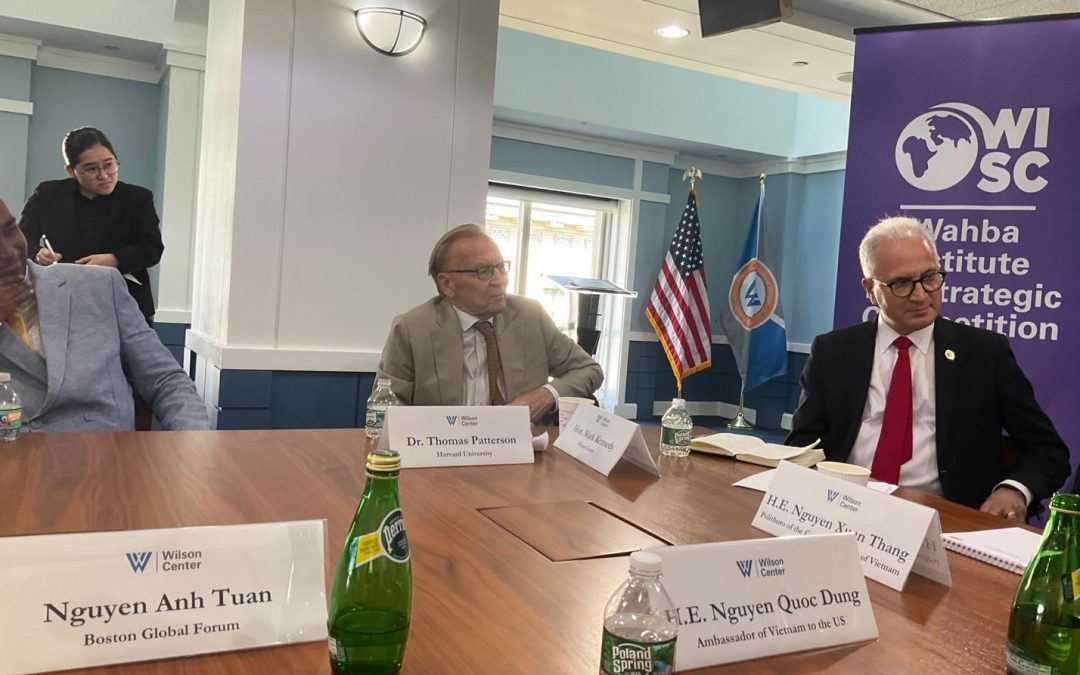
Boston Areti AI and Indo-Pacific Spark: A Call to Action
More than ever, there is a need for collective global action to ensure that AI benefits humanity. While many are deliberating about smaller-scale AI policies or issues, BGF is developing the Knowledge Platform for AI, which is built on the foundational concepts of the Social Contract for the AI Age and AI World Society. This platform will serve as the basis for Boston Areti AI, an AI virtue assistant designed to assist leaders in making ethical and effective decisions across various sectors, including politics, economy, public policy, and social governance.
BAI is not just an AI tool; it represents a significant practical application of AIWS principles, aiming to create a moral and ethical framework that guides AI development and usage. BAI is a critical component of the Indo-Pacific Spark Initiative, which explores a potential robust network in the Indo-Pacific region, independent from authoritarian actors like China and Russia, with a focus on innovation, peace, security and ethical AI integration.
The Indo-Pacific Spark Initiative, in collaboration with the Wilson Center’s Wahba Institute for Strategic Competition, aims to explore collaboration across the US, Japan, India, Vietnam, and the broader Indo-Pacific region. By leveraging BAI, this initiative can help foster collaboration, innovation, and ethical AI practices among like-minded countries, thereby setting a standard for global AI governance.
The BGF and I ask that anyone with a stake in the future of AI join this groundbreaking project. The collaboration and participation of various stakeholders will be crucial in ensuring that BAI and the Indo-Pacific Spark Initiative achieve their goals of promoting peace, security innovation, and prosperity in the AI Age.
Nguyen Anh Tuan, BGF CEO
For more information or to get involved, please contact Tuan at [email protected].
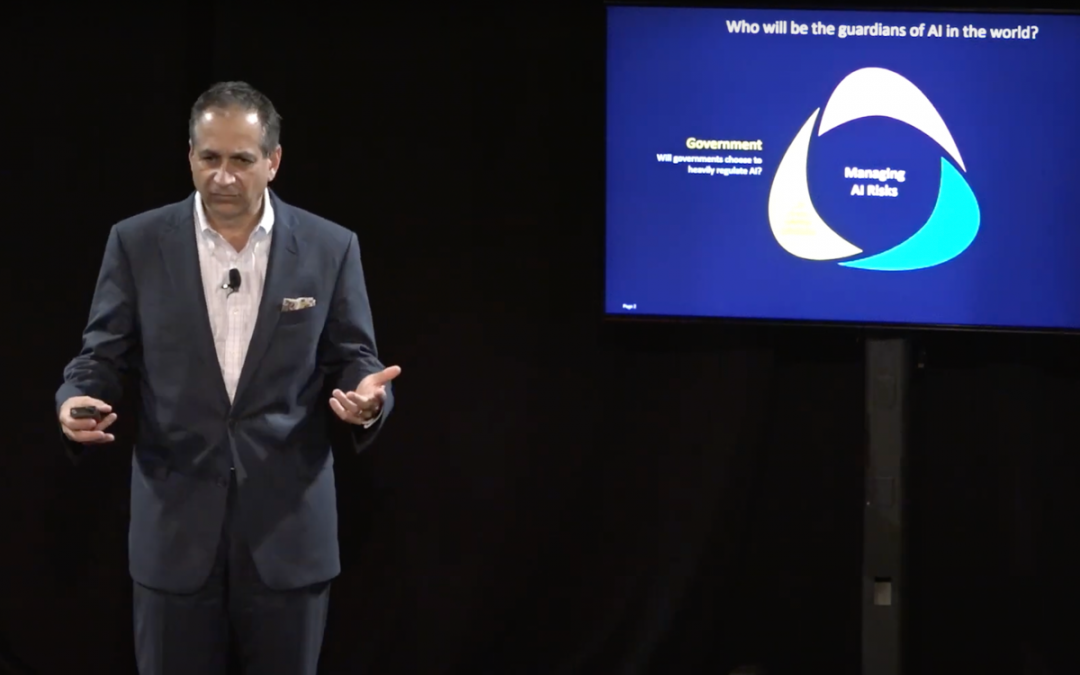
“The Knowledge Platform for AI” – The contribution of business
The full paper can be downloaded as a PDF here: The Knowledge Platform for AI – The Contribution of Business. Below is the introductory chapter of the paper.
Directors AI Ethics Forum, Harvard University, June 17-18, 2024
Nguyen Anh Tuan, Jeff Saviano, Thomas Patterson, Quynh Nham, Minh Nguyen, Yasuhide Nakayama, Paul Nemitz
I. Introduction
A. Creating The Knowledge Platform for AI.
Since its inception in November 2017, the Artificial Intelligence World Society (AIWS), founded by the Boston Global Forum (BGF), has been at the forefront of shaping the governance of artificial intelligence (AI) and fostering new models for democracy. Through collaborations with global leaders and top AI thinkers, AIWS has introduced innovative initiatives and frameworks aimed at harnessing AI for the betterment of society. These efforts have included collaboration with organizations such as the United Nations, Club de Madrid, Riga Conference, Harvard University, MIT, and universities in Japan, Europe, India, and Vietnam.
Artificial Intelligence (AI) poses significant threats to humanity. To address them, BGF established AIWS in 2017, calling for efforts to make AI safe and beneficial based on the Social Contract for the AI Age. AIWS seeks collaboration from universities, companies, governments, institutions, and individuals to remake the world with AI for a better, safer future. Urgent action is needed to establish new democratic models to harness AI’s advantages and advancements while mitigating the risks.
On April 30, 2024, at the BGF Conference “Governing the Future: AI, Democracy, and Humanity” held at Harvard University’s Loeb House, BGF announced its intent to create the “Knowledge Platform for AI.” Amid the rapid evolution of AI, there is an urgent need for a robust knowledge platform to address gaps in ethical standards. The Knowledge Platform for AI aims to fill this void by providing a centralized knowledge repository that can inform the responsible development of AI. It will serve as a beacon for ethical AI usage, guided by humane principles designed to ensure that AI development aligns with ethical standards and societal values. The principles and values embedded in the Knowledge Platform derive from the Boston Global Forum’s Social Contract for the AI Age and AI World Society (AIWS) Model (see Appendix B).
B. Importance of Building a Knowledge Platform for AI and Ensuring Equality of Opportunity in AI
- Creating a Robust Foundation:
- The Knowledge Platform for AI builds on historical values, standards, and norms, and political, social, and economic models from global pillars such as the USA, Japan, India, and the EU. This foundation is essential for developing AI systems that are ethical, inclusive, and beneficial to all.
- Ensuring Fairness and Inclusivity:
- It is crucial to ensure that AI technologies do not perpetuate existing inequalities or create new ones. By building a platform that emphasizes equality of opportunity, the benefits of AI can be accessible to all individuals, companies, and countries, regardless of background or resources.
- Establishing Standards and Regulations:
- The platform will provide a basis for creating international standards, laws, and conventions to govern the development and use of AI. This is essential to maintain the ethical use of AI and to protect individuals and societies from potential risks associated with AI technologies.
- Promoting Ethical AI Integration:
- The platform will promote the integration of AI in a manner that emphasizes kindness, fairness, justice, honesty, and humanity. This approach will help build a society that values these principles.
- Humanity Governing AI:
- AI must be governed by the people. The platform will ensure that AI fosters human decision-making rather than dominating or replacing it.
- Creating Sample AI Assistants:
- Developing AI assistants that focus on compassion, education, and innovation will provide practical examples of how AI can be used to enhance human capabilities and improve quality of life.
C. Role of Business Leaders in This Initiative
Business leaders play a crucial role in this initiative by:
- Driving Innovation and Adoption:
- Business leaders can drive the innovation and adoption of ethical AI technologies within their organizations, setting an example for others to follow.
- Investing in Ethical AI Development:
- By investing in the development of AI technologies that adhere to the standards and values of the Knowledge Platform for AI, business leaders can ensure that their companies contribute positively to society.
- Collaborating with Stakeholders:
- Business leaders can collaborate with other stakeholders, including governments, academia, and non-profits, to develop and implement the standards, laws, and conventions necessary for governing AI.
- Promoting Inclusivity and Accessibility:
- Ensuring that AI technologies are accessible to all, and not just a privileged few, is essential for promoting equality of opportunity. Business leaders can play a pivotal role in making this a reality.
- Championing Ethical Practices:
- By championing ethical practices and promoting the values of the Knowledge Platform for AI within their organizations and industries, business leaders can help create a culture that values fairness, justice, and humanity in AI development.
